When Russia takes Ukrainian children from their homes and families, Ukrainian mothers have no other choice but to risk their lives trying to bring their kids back, even if that means weeks of travel through Russia and days-long FSB interrogations Otherwise, entire generations might be lost forever.
When Russian forces occupied Kherson in the early days of the full-scale invasion in 2022, Moscow troops soon started targeting Ukrainian children.
Tetyana Bodak from Kherson is raising eight children. When the city was under occupation, she did her best to protect them from the Russian troops, resisting as long as she could and not letting them attend Russian educational institutions.
But one day in August 2022, half a year into the full-scale invasion after all the Ukrainian protests had already been brutally dispersed, a representative of the Moscow-installed occupation authorities showed up at her door with two armed soldiers, "strongly recommending" Tetyana to enrol her children to the local occupation school.
Former Presidential Commissioner for Children's Rights Mykola Kuleba now runs Save Ukraine, an organisation helping to bring back deported Ukrainian children.
Once Russian forces occupy a settlement, vulnerable families are first at risk. Single parents and families with many children are immediately "offered" to attend Russian kindergartens and schools, he explains.
“They are being indoctrinated through singing Russian songs, banning the Ukrainian language, studying Russian history, following the Russian curriculum and listening to Russian propaganda,” Kuleba told Euronews. Then, these children are sent to so-called "vacation camps" in what Kuleba describes as a "test for the family's loyalty to the regime".
And this is what happened to Tatyana’s son Vlad. In October 2022, Tetyana’s mother was killed on the Russia-occupied territories in the Ukrainian region of Kherson. While Tetyana was busy with the funeral, the Russians came for her 16-year-old son Vlad to forcefully take him to Crimea.
Vlad’s forceful deportation to annexed Crimea
Vlad told Euronews that when Russian armed soldiers knocked on his door - he had no choice. Home alone, he was given a few minutes to pack and was immediately taken to Crimea "for two weeks".
Vlad was adducted on 7 October 2022. He was put on one of 15 buses packed with Ukrainian children of different ages and taken to the previously occupied and annexed Crimea to what Moscow called a "vacation camp".
A little over a month after that, on 11 November, Ukrainian forces liberated the city of Kherson, and Vlad’s mother could file a police report on her son's disappearance and contact the Save the Children NGO.
Kuleba said that the most challenging part of bringing back Ukrainian children is the fact that Russia doesn’t share any information about their whereabouts. Each case is "a special forces operation", he noted, explaining that the details of how exactly they track down the abducted kids and bring them back must remain confidential.
Vlad shared with Euronews what his life was like during those few months In Crimea. He says every morning, Ukrainian children were forced to sing the Russian national anthem. Vlad refused to fall in line.
“Many of us complained that we didn’t feel well because we didn’t want to do it and went to see the doctor instead,” Vlad recalled. At first, he said, those excuses could have worked out, but the discipline measures enforced by the Russians were getting tougher.
Vlad didn’t want to follow Moscow's rules, however. One day, he took the Russian banner off the camp's flagpole, an infraction he was punished for with five days in isolation. He was also threatened with being put into a psychiatric hospital.
“I took that flag off and put my underwear instead. They took me to the detention ward, which was a tiny room," Vlad said.
"They gave me little food twice a day, and nothing else. I was cut off in isolation."
"There was a window in the ward, but they said if they see communicating with anyone, they’d give me two more days in detention,” he remembered.
During his detention in isolation, he had suicidal thoughts, Vlad shared with Euronews. “I stayed there for five days, which is not that long maybe, but I had those thoughts, I thought of cutting my veins.”
On Tuesday, domestic media outlets published information about the suicide of a Ukrainian teenager, a resident of a family-type home in the Kherson region, who was illegally transferred to the territory of Russia. Ukraine’s Prosecutor General's Office initiated legal proceedings.
Kuleba says these are not isolated cases. He told Euronews a story of a 13-year-old Ukrainian child whose mother died, and he was placed in a foster Russian family, where the father was a Russian soldier who got wounded in the war against Ukraine.
“His mother hated this boy, and she told him all the time how much she hated him. Imagine this boy at this young age living in such a family, going to a Russian school, where Russian teenagers hate him because he is a Ukrainian child," Kuleba said.
"He is pro-Ukrainian, where his teachers force him to constantly write letters of gratitude to the Russian military, who are killing him and, in fact, his family and friends in Ukraine.”
Save Ukraine managed to rescue and bring that teenager back, Kuleba said, adding “if we hadn't saved him, it is not clear how much longer he could have resisted.”
Military education of deported children
By the end of 2022, Vlad was forcefully relocated to Lazurne, an occupied part of the Kherson region, to study at the naval academy, which the Russians forcefully took control of, destroyed, and then, as they say, "reopened" in the village after the liberation of Kherson.
Vlad said that the situation and atmosphere there were even worse, and he was pressured even more for his pro-Ukrainian sentiments.
Military education is an essential part of Russian indoctrination, said Kuleba, explaining that Moscow's ultimate intention is to eliminate any signs of Ukrainian identity and raise the next generation of Russian army to fight against Ukraine.
Many Ukrainian children who remained in the territories occupied by Russia since the first invasion of 2014 have already been "turned against Ukraine" and are fighting at the frontlines, Kuleba added.
In one of the most recent cases, Save Ukraine was organising the return of two orphaned boys who were called in and ended up at the front.
“These guys sent us a video from the trenches in Russian uniform, sitting with weapons in their hands. And one of them was even wounded last month,” Kuleba shared.
Once forced into accepting Russian citizenship, male Ukrainians, especially of young age, are almost immediately called in to serve in the Russian army and fight against Ukraine.
Vlad’s rescue mission
During the rare phone calls, Vlad complained to his mother about how hard his life was and repeatedly asked her to come and take him back.
Yet, bringing Ukrainian children back from deportation is a very complex and perilous mission.
Lazurne is around 100km from the city of Kherson, which used to be a quick hour-and-a-half drive south to the coast.
It took Tetyana over a week and thousands of kilometres of a dangerous journey from Ukraine through Poland, Belarus, Moscow and other parts of Russia, just to reach the occupied parts of her homeland.
To save her son, she left home with her other seven kids waiting. Tetyana's youngest daughter was only 11 months old when she went to Russia to rescue Vlad.
Tetiana's worst nightmare started when she arrived at the naval academy where her son was being held. She had to go through endless FSB checks and searches, which included body inspections and the confiscation of her documents.
Even that was not enough. Having spent two days being interrogated by FSB with a bag on her head and sleeping while locked away in a room in the basement — a two-by-two-metre space with one window with bars, a bench and a sleeping bag — Russian forces told her there was one more condition if she wanted to take her son back.
Tetyana was not released until she told the journalists on camera that they really liked Russia. Only then were the mother and son allowed to go.
Vlad says the Russian authorities still tried to convince them to remain there. "They were really trying hard to convince us to stay, really asked us not to leave."
Vlad returned to Ukraine on 29 May of last year after being held in Russia for eight months against his will.
He told Euronews it took him a couple of weeks to realise he was finally home. “When I arrived I was surprised to see all the people here being so happy, so positive," Vlad said.
"They are full of life and they are enjoying life. There (in Russia) I was locked in a cage.”
Mental support for Ukrainian families
Vlad admits he was very reserved and couldn’t open up for a while after he came back home to Ukraine.
Not only do children need mental help and support, but their parents do too, after the psychological and physical violence they are subjected to, Kuleba said. Constant fear and stress lead to long-lasting negative consequences.
“Children cannot sleep well at night. They constantly have these flashbacks where they remember what happened to them," he explained.
Many of these children saw with their own eyes how their parents were beaten and tortured in front of them.
According to Kuleba, there were cases where Russian troops “would beat the father, knock him down with a machine gun, move the gun to his temple, and all this in front of the child, while the mother was stripped down to her underwear and forced to sing the Russian anthem at gunpoint.”
Save Ukraine has since developed a three- to six-month rehabilitation program. However, experts admit that this is not always enough to restore the lives and health of these people.
“But we do everything we can to not only restore but also integrate them into their families and provide them with educational and healthcare services. This applies to children, families, and orphans without adult care,” Kuleba explained.
Lost generation of Ukrainian children
However, the longer a child remains under occupation, the harder it is to bring them back, particularly in terms of knowing and understanding their national identity.
Teenagers like Vlad tend to have their opinions and knowledge of their heritage and background already formulated, and, if rescued relatively quickly, these values can still hold firm when they come back to Ukraine. Younger children do not have the same understanding or memory of being Ukrainian or what that might represent.
Therefore, the window of opportunity for Ukraine to bring back and save its generation of youth is closing quickly.
For kids who grew up on the territories Russia occupied since the first invasion of 2014, that window is gone, Kuleba said.
“This window of opportunity for the children of the Donbas and Crimea has been closed for a long time because the war there began ten years ago, and these territories have been captured for 10 years now," he explained.
"And this window is closing for many children who remained in the newly occupied territories since the full-scale invasion."
"Every day it is closing because it is getting harder and harder to convince a child who has been in occupation for three years that they can return to Ukraine and it can be done safely, and that no one will touch him or her, because many children no longer believe it,” he concluded.
An estimated 1.5 million Ukrainian children have been under Russian occupation since 2014.

 3 months ago
33
3 months ago
33
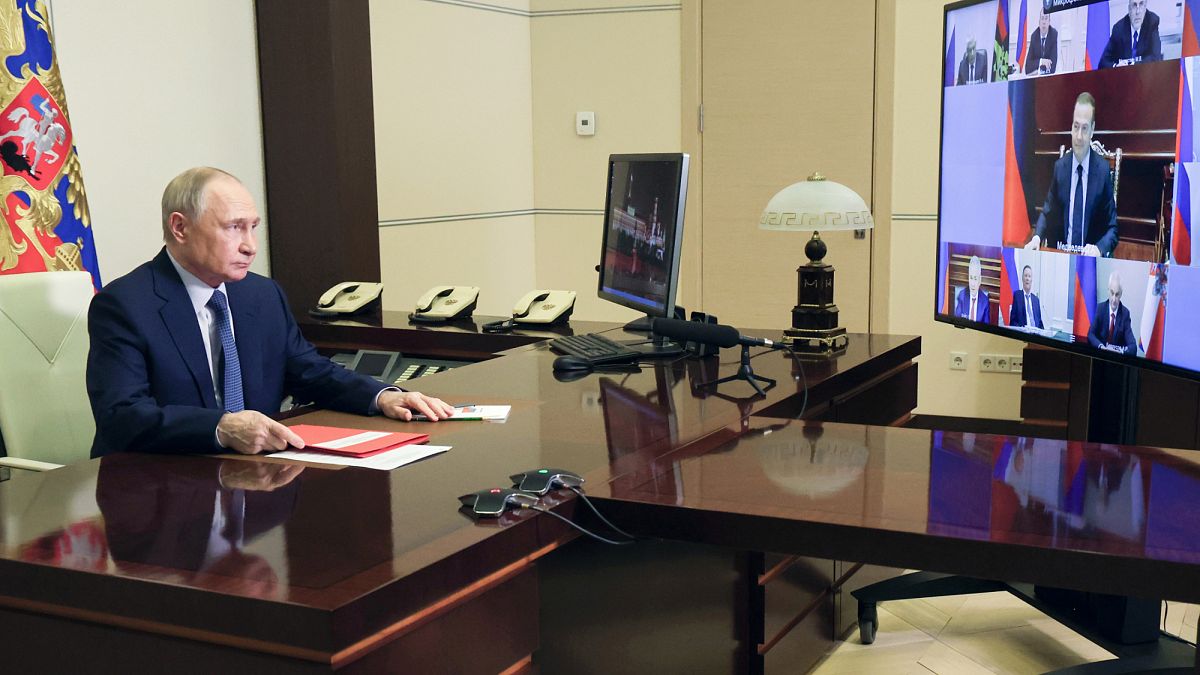
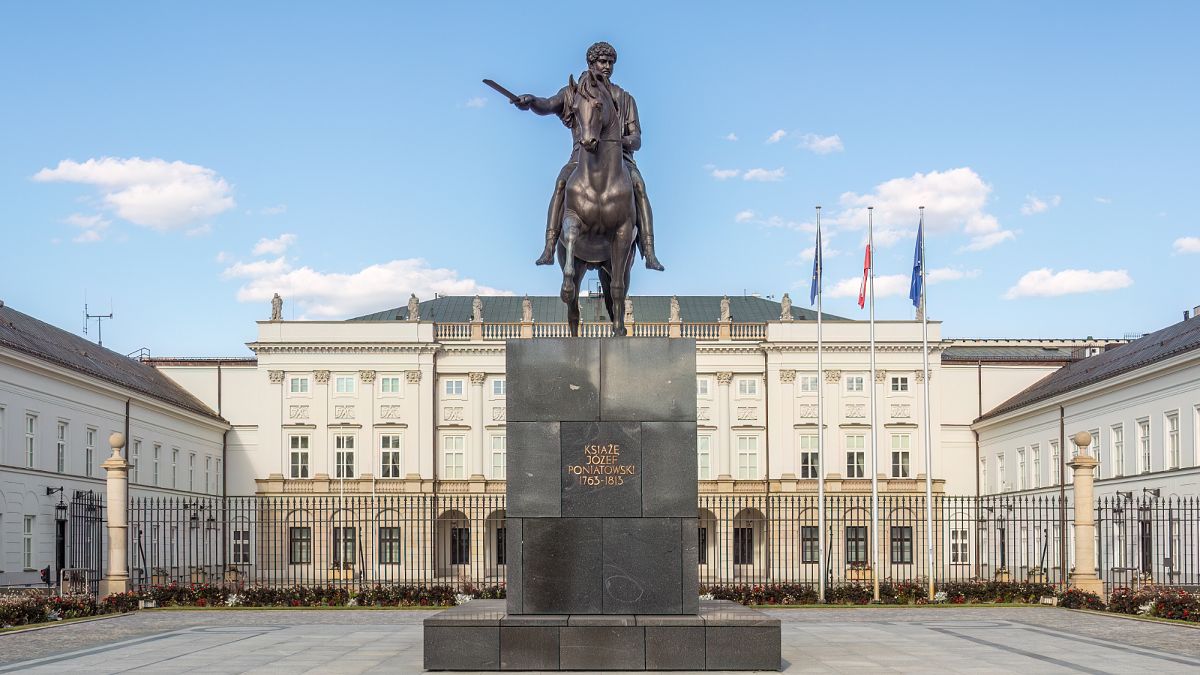
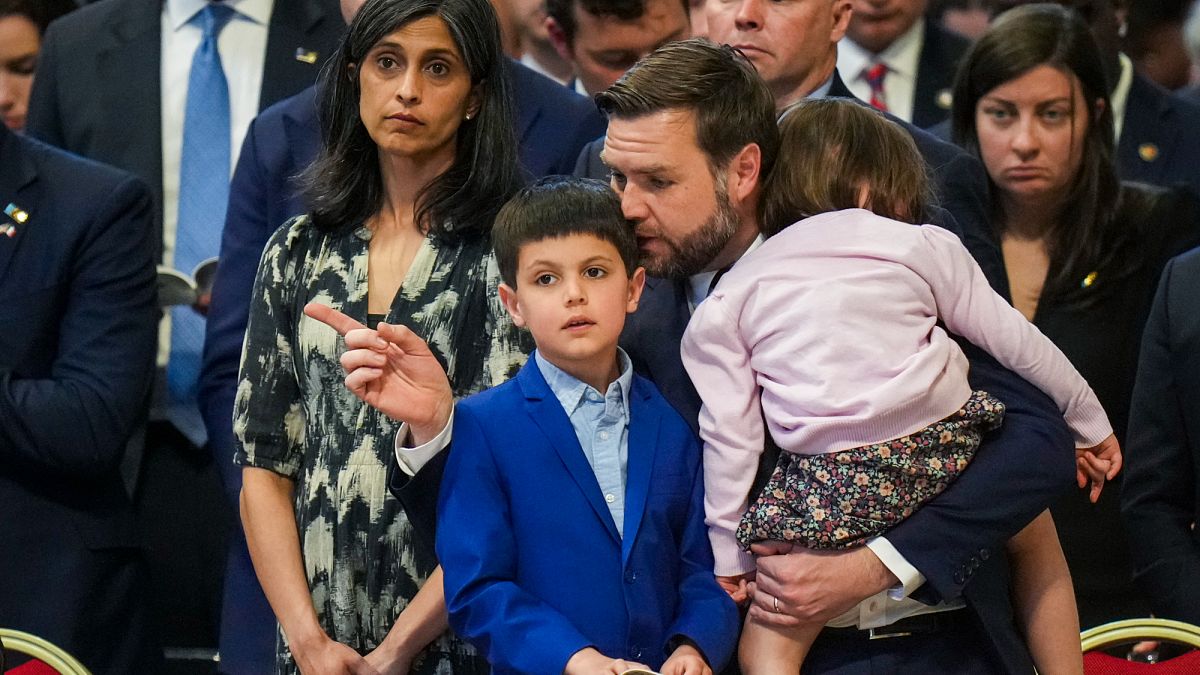
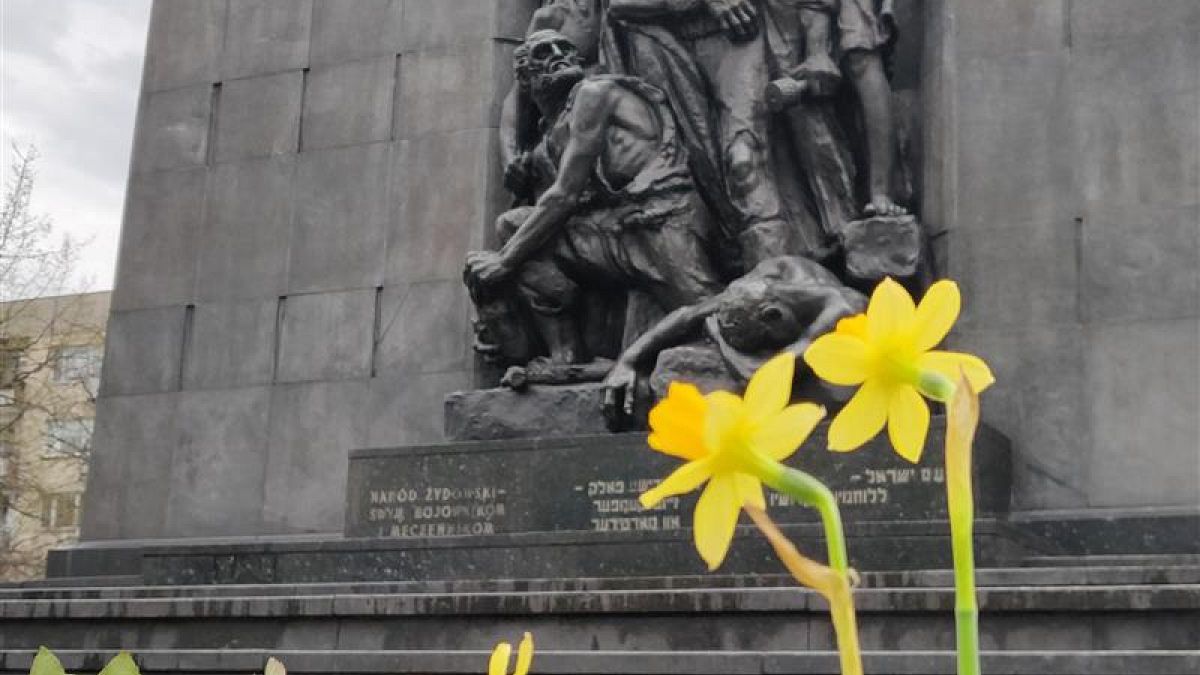
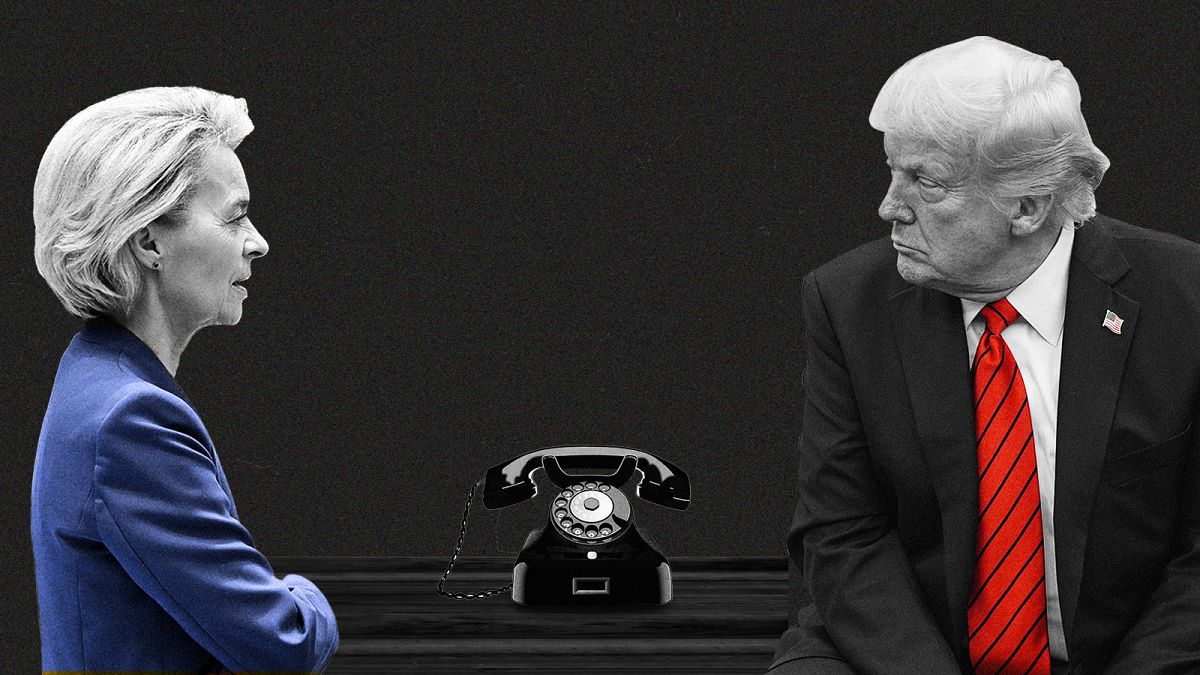
 We deliver critical software at unparalleled value and speed to help your business thrive
We deliver critical software at unparalleled value and speed to help your business thrive






 English (US) ·
English (US) ·